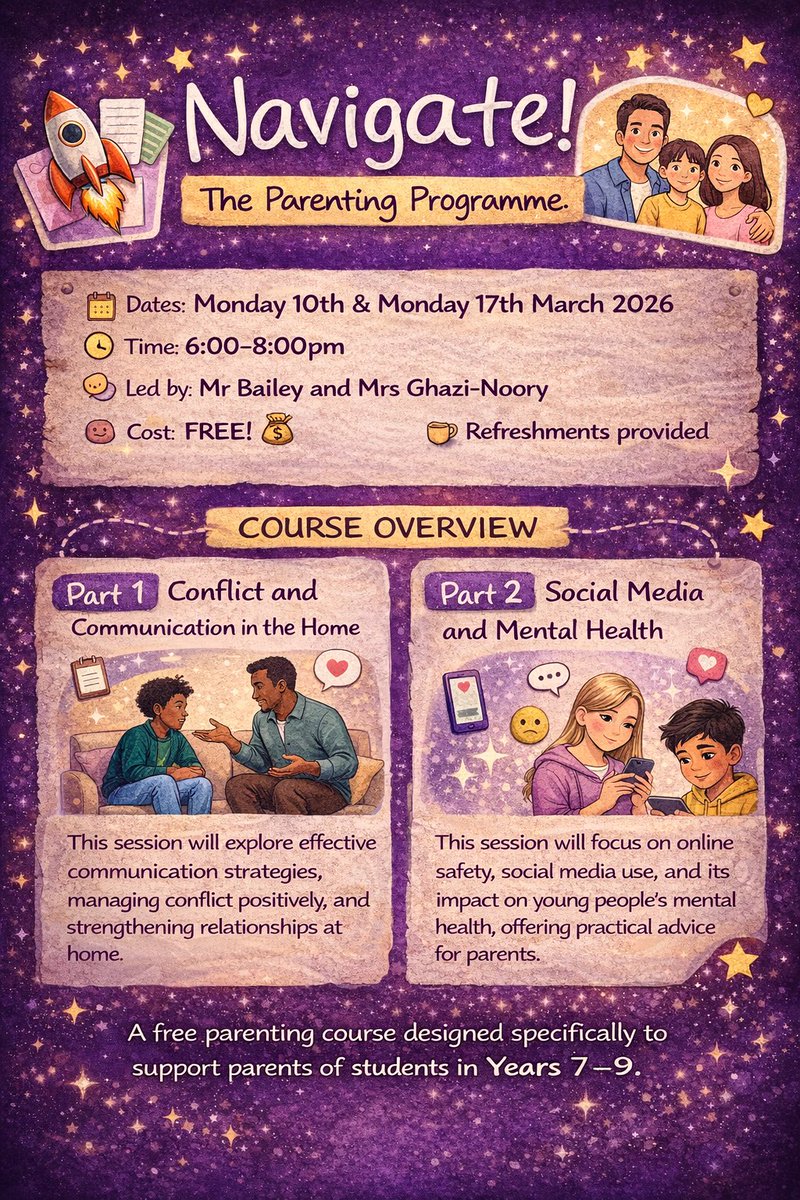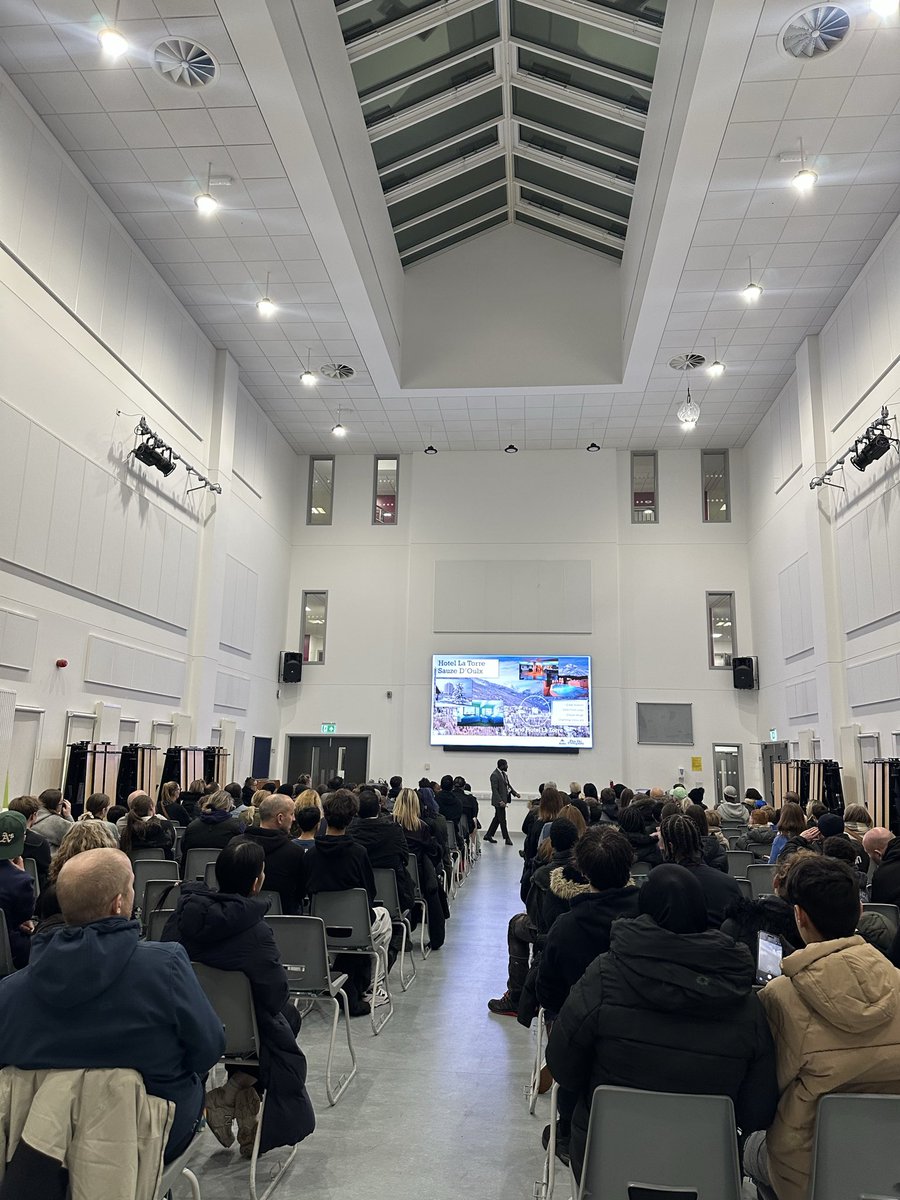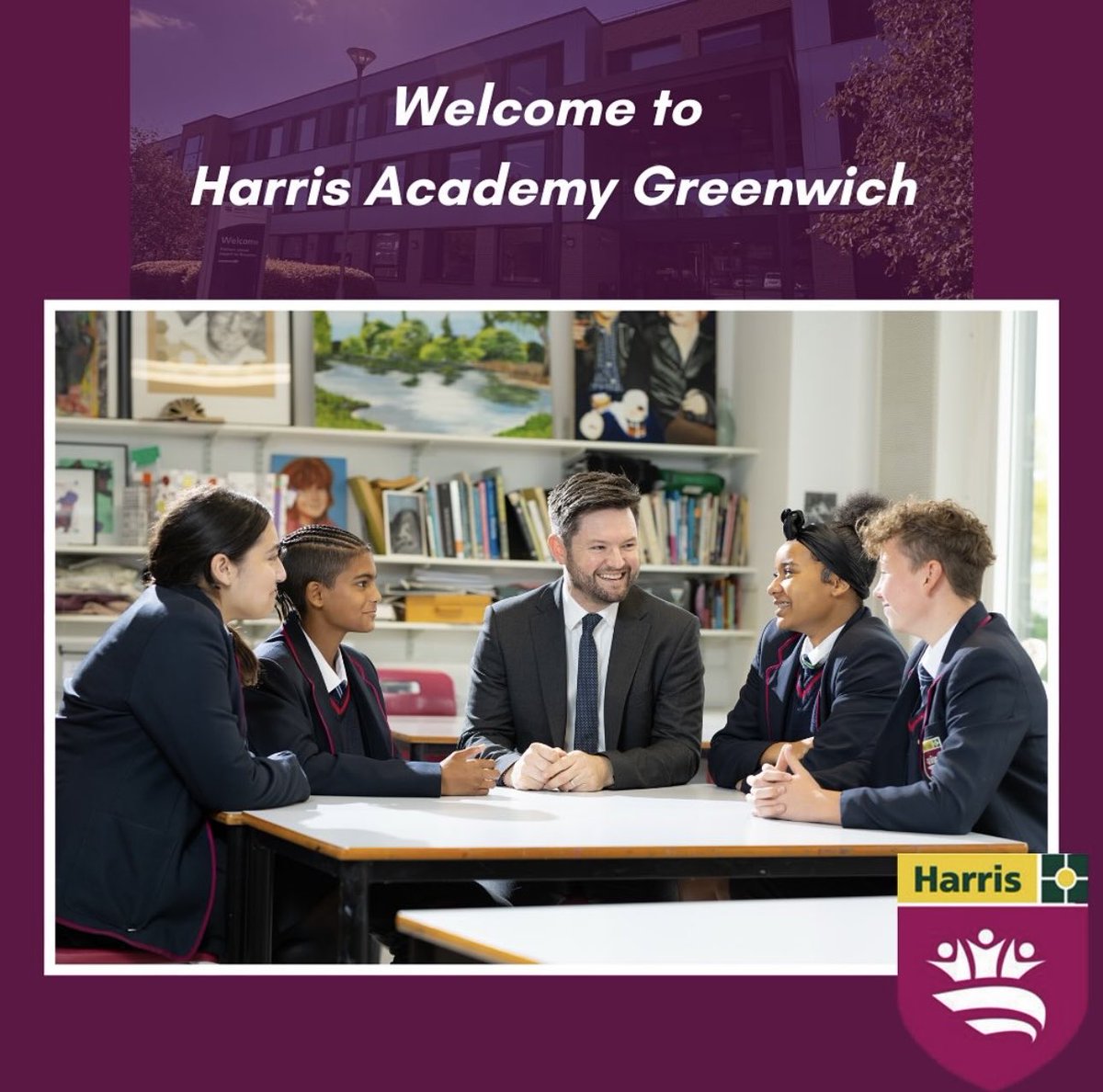Psychology
Opening Ambition and Philosophy
Psychology is the scientific study of human behaviour and applies a logical approach to understanding events that happen and have happened in society. It questions the conditions of individual behaviour, group pressures and conditions within society as a precursor to predicting behaviour. Psychology contributes to our understanding of the human brain and the impact of socialisation on behaviour.
Psychology gives students an appreciation for the power of human behaviour and the impact of society on the development of this. It considers the appreciation for the importance of historical events as a tool for prediction of climates and conditions for behaviour to be repeated. Not only this, Psychology equips students with the wisdom to understand diversity as an important aspect of modern society. Furthermore, it gives students psychological motivation for their personal development and communal endeavours. Students are encouraged to explore the unknowns of behaviour in order to ascertain how such behaviour can be a part of a modern- day society - of which is ever changing.
Psychology is one of the most popular areas of further study due to the impact Psychology has across all disciplines and careers. Psychology is about what is happening ‘now’, why every behaviour can and should be explained scientifically. It gives society the comprehension of the uncomprehensive and allows predictions to be made to create a highly functioning institution – whether it be within a business, an economy or a country.
In Psychology students will study a broad range of topics including:
Research Methods, which allows students to broaden their understanding of not just science but maths in order to fully understand Psychology and the scientific background that it stems from. Students will learn not only about the right methods to be used dependent on scenarios but how to develop a wide range of research methods in order to be successful in carrying out their own experiments. Across Key Stage 3 in both Science and Maths students are exposed to manipulation of independent variables, as well as in humanities where they learn about measuring variables. In Key Stage 4 Geography and Sociology students are exposed to research projects that further develops these skills in preparation of solidifying this in Key Stage 5 Psychology.
Biological Psychology gives the students to study the brain as an organ. The brain has so many more discoveries to be made and it is the central hub for all human activity and behaviour. It is the organ that can provide students with the understanding of the intricacies of human behaviour. It is studied scientifically for function and processes, which will not only build on Key Stage 4 knowledge but to help develop an understanding across multiple disciplines within Psychology. Further from this, synaptic transmission is a key point in Biological Psychology of which students have been exposed to across Key Stage 3 and Key Stage 4 in their science lessons. The development of science as a subject is key in Psychology in the explanation of how Psychology has become a science and has moved on from experimental Philosophy. From Key Stage 3 students are taught the development of science, which helps to provide a solid foundation in understanding the debate of Psychology as a science.
Forensic Psychology is a passionate field for so many Psychology students who want to understand why crimes are committed by some and not by others, how do we stop crime from happening and not only this but what is the real purpose of punishment and is it seeking the outcomes we desire. Students are given the opportunity to delve into the field of profiling, which sees many go on to study criminology or forensic sciences with the aim of working in these areas.
Year 12
In year 12 the students will cover a wide range of introductory topics in Psychology, including the ‘Approaches in Psychology’ which gives the students the foundation skills required to access all future topics covered across the curriculum.
Throughout Year 12 students are exposed to a wide range of subject knowledge which will require them to make links back to prior learning in History - for example World War 2 is revisited in Social Influence and studying obedience. Not only this, Religious Education and Physical Education and their links to Social Learning Theory and students opting to take Business Studies will form links with Maslow, which will help in the understanding of Humanistic Psychology. Not only this, the course content expects students to frequently draw links back to their learning throughout KS4 in both Maths and Science. Research Methods knowledge is supported by students learning probability in Maths at Key Stage 4 and Sampling through both Key Stage 4 Sociology and Geography.
From a skills element; students learn the examination skills requirement of A01, A02 and A03. The application of skills becomes more sophisticated throughout the course and whilst students in Year 12 will primarily focus on both Papers 1 and 2 the skills taught provide a solid foundation to develop more complex application in Year 13.
By the end of year 12 students will be secure in their knowledge of Paper 1 and Paper 2 content, with the ability to interleave Research Methods throughout topics as well as studying it within a topic itself. They will also be aware of the requirement and structure of skills – which provides them with a solid foundation to start Year 13.
Year 13
In Year 13 students are introduced to more complex topics within the curriculum.
Issues and Debates will build on previous knowledge learnt across the Year 12 curriculum through application of topic learning into a wider debate of deciphering the explanations of human behaviour. Here, students will be taught how to elaborate A03 into more of a debate and critical evaluation rather than a statement they may have relied on in Year 12. Students will use their prior learning from Year 12 to apply their position to the current learning of Issues and Debates. They must be able to use their knowledge from Year 12 to example and debate key studies appropriately to demonstrate their stance on the debate.
Optional topics in Psychology are chosen to suit the needs of the cohort. Forensic Psychology, Health Psychology and Relationships will be taught to the 2020/21 cohort.
Forensic Psychology gives opportunity for students to draw their prior learning from Year 12 content including Biological Psychology, Approaches and Psychopathology in order to ascertain the causes and outcomes of criminal behaviour. It creates links between the Sociology curriculum as well as the Religious Education curriculum which allows students the opportunity to create branches and interleave across subjects and their components.
Health Psychology gives students the opportunity to draw from their previous learning in Biology and Physical Education as well as critically considering the impact the media can have on body dysmorphia. The topic revisits Year 12 content whilst delving into the more elaborated A03 skills required of year 2 optional topics. Health Psychology is a chosen optional topic to support students with the Biological Aspect of Psychology – as the topic frequently revisits Biological Psychology content as well as developing on the prior learning of this
Year 13 students will also look at the optional topic of Relationships. Through this, they will revisit Citizenship content on healthy constructs of a relationship. There are also key links to the KS4 RE and Sociology curricular. This learning will be supported by Year 12 Approaches content as well as Social Influence.
Finally, Year 13 students will build on the foundations of the Research Methods they delved into throughout Year 12 and develop the knowledge and awareness for choosing the most suitable statistical test and being able to compare the choice of statistical tests, with its limitations in any given research study. They will weave across all topics from Year 12 and Year 13 in order to represent the holistic nature of assessing Research Methods. They will develop more sophisticated criticality that will be applicable across all papers as well as within the Research Methods component that is examined in a stand-alone section of the examination.
By the end of Year 13 students will be secure in their knowledge across all Paper 1, Paper 2 and Paper 3 topics and have clearly secured the A01 skills by having secure knowledge across a breadth of key theories, studies and terminology. Furthermore, they will have secured A02 skills through the ability to apply knowledge appropriately and accurately across a range of novel scenarios and finally A03 skills by being able to carry out a critical analysis which will draw knowledge from across and within topics across Year 12 and Year 13. This therefore means that Psychology equips students in any degree that requires criticality and a range of professions where they need to be able to critically examine data.
Documents
| KS5 Psychology curriculum map | Download |





















